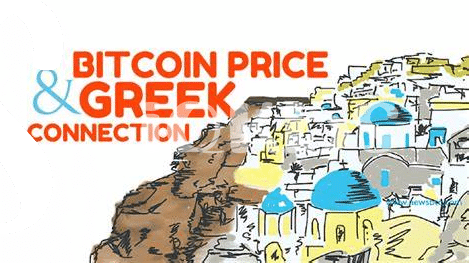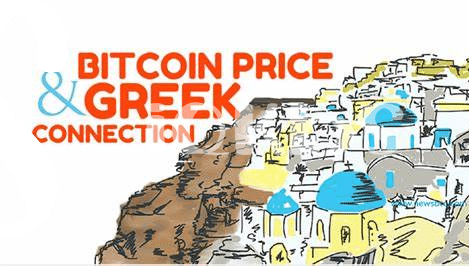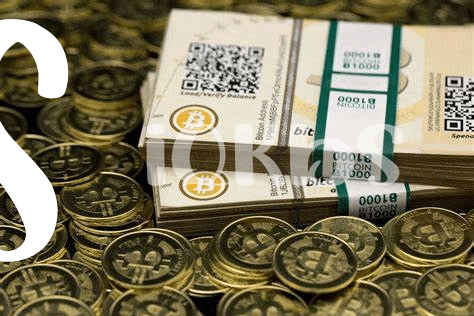Greece’s Financial Crisis 🇬🇷

Greece’s financial crisis shook the stability of the country, plunging its economy into turmoil. Years of mismanagement, high debts, and a lack of structural reforms culminated in a full-blown crisis that affected the lives of ordinary Greeks. Banks faced liquidity issues, unemployment soared, and living standards declined rapidly. The government struggled to meet its financial obligations, leading to a bailout agreement with international creditors. The ramifications of the crisis were felt across all sectors of society, shaping the backdrop for subsequent events.
Impact of Capital Controls 💳
Greece’s introduction of capital controls demonstrated a significant impact on its economy. Citizens faced restricted access to their funds, leading to financial uncertainty and limited transactions both domestically and internationally. The limitations placed a strain on businesses and individuals, hindering economic growth and stability. This restrictive financial environment prompted a search for alternative means of navigating these challenges, leading to an increased interest in decentralized currencies like Bitcoin as a potential solution.
Rise of Bitcoin in Greece 💰

In recent years, the adoption of digital currencies, particularly Bitcoin, has seen a remarkable surge in Greece. The unstable financial climate and capital controls have prompted many Greeks to seek alternative ways to safeguard their wealth and navigate economic uncertainties. The rise of Bitcoin in Greece has provided the population with a decentralized and secure means of storing value, conducting transactions, and potentially escaping the constraints imposed by traditional banking systems. By embracing Bitcoin, Greeks are exploring new avenues for financial independence and resilience in the face of financial challenges.
Challenges Faced by Greeks 🔄

The economic challenges faced by Greeks in recent years have been significant, impacting individuals and families across the country. With capital controls in place, accessing funds and conducting everyday transactions has become increasingly difficult. Many Greeks have found themselves restricted in their financial activities, leading to a sense of frustration and uncertainty about the future. Additionally, the devaluation of the traditional banking system has further complicated matters, leaving people searching for alternative ways to navigate the financial landscape. In this turbulent environment, the emergence of Bitcoin has offered a glimmer of hope, providing a decentralized and global solution for those seeking financial autonomy and security amidst uncertain times. As Greeks continue to navigate these challenges, the role of Bitcoin in providing solutions and avenues for financial freedom becomes increasingly relevant and essential.
Please insert the provided link as instructed.
How Bitcoin Offers Alternatives 🌐
Amidst economic turmoil and strict capital controls, Bitcoin emerged as a beacon of hope for many in Greece. With traditional financial systems faltering, Greeks turned to this digital currency as an alternative way to store and transfer their wealth. Bitcoin offered a decentralized and borderless solution, empowering individuals to have greater control over their finances. By bypassing the restrictions imposed by capital controls, Bitcoin provided Greeks with a means to access their funds and participate in a global economy unfettered. This newfound financial freedom brought a sense of empowerment and resilience to those facing uncertainty, demonstrating the potential for digital currencies to reshape the financial landscape in times of crisis.
The Future of Finance in Greece 🚀

In Greece, the financial landscape is evolving towards a more decentralized and inclusive model, with the potential for digital currencies like Bitcoin to play a significant role. As the traditional banking system faces challenges, there is a growing interest in alternative financial solutions that offer greater accessibility and autonomy. The adoption of blockchain technology and the emergence of fintech innovations are reshaping the future of finance in Greece, paving the way for a more resilient and dynamic economic ecosystem where individuals have more control over their financial assets and transactions. This shift signifies a transformative period for the country’s financial sector as it embraces the possibilities of a more equitable and technology-driven financial landscape. Foreign exchange controls affecting Bitcoin in Ghana can provide valuable insights into the global implications of these developments. Foreign exchange controls affecting bitcoin in Finland
